17 Top-Notch Summer School Programs for College-Bound Teens
Read now/f/64062/1000x667/e45d77d0a9/campus-2.jpg)
/f/64062/1000x222/54307e840f/cambridge.jpg)
In 2018-2019, the young female students who applied to Oxford University made history!
For the first time in the hallowed university’s 800+ year past, the university accepted more female than male students - a true testament to the hard work of young women and the road of educational opportunity paved for by the generations of women who preceded them.
Few people realise that Oxford and Cambridge were in fact ‘men only’ institutions until the late 1860’s, and even then, women were unable to ‘matriculate’ until 1920 (in the case of Oxford) or become full members of the university until 1948 (in the case of Cambridge).
Which makes the achievements of the following Oxbridge female graduates all the more impressive as they represent new generations of well-educated, hard working women breaking new ground in their chosen professions and setting the benchmark for further young women to follow.
Here’s a list of some of the most powerful women to have graduated from Oxford and Cambridge universities:
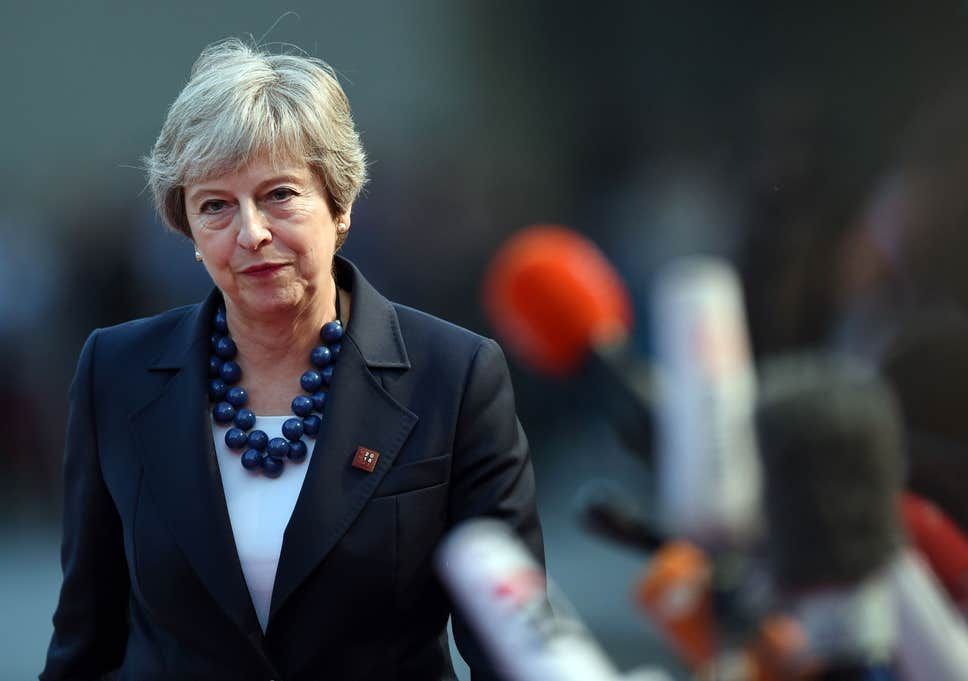
While the British Prime Minister may be a polarising figure, no one can deny Theresa May's determination and grit as one of only two females to hold the position, and the leader of the country during the controversial Brexit crisis. From the moment May became the first female Chairman of the Conservative Party in 2002, to her progression to the position of Home Secretary and Minister for Women and Equalities in 2010, the Sussex born Oxford grad has carved a career through tenacity and persistence.
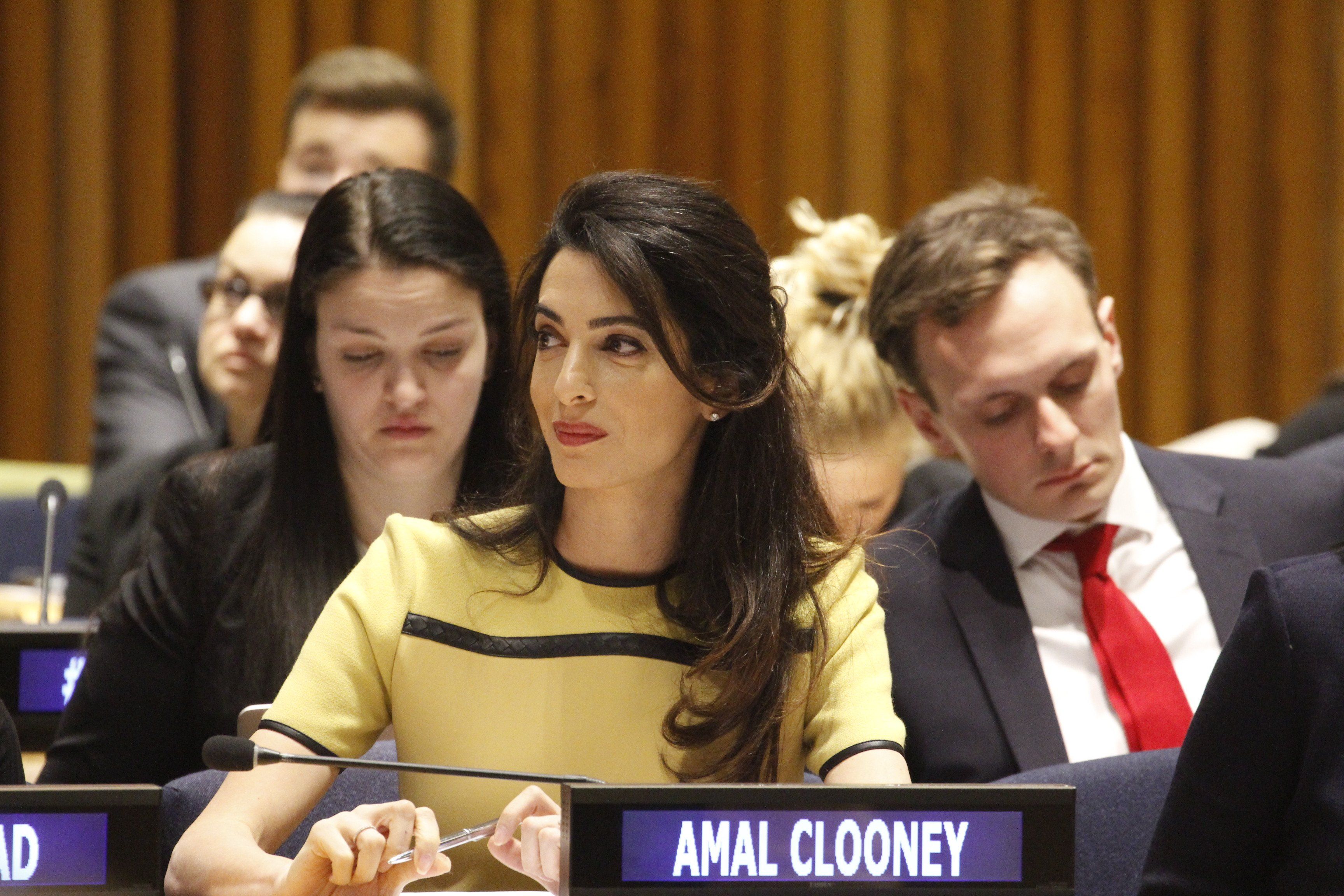
Amal Clooney, who studied law at Oxford before obtaining her Master’s Degree from New York University in 2001, has made her mark on the international stage as a corporate New York attorney, a highly respected London Barrister and, in recent years, a constant presence in international court proceedings as an advocate for human rights and gender freedom. She has also served as special adviser to former UN Security General, Kofi Anaan, and as special counsel to a UN inquiry on counter-terrorism and human rights regarding the use of drones in wartime.
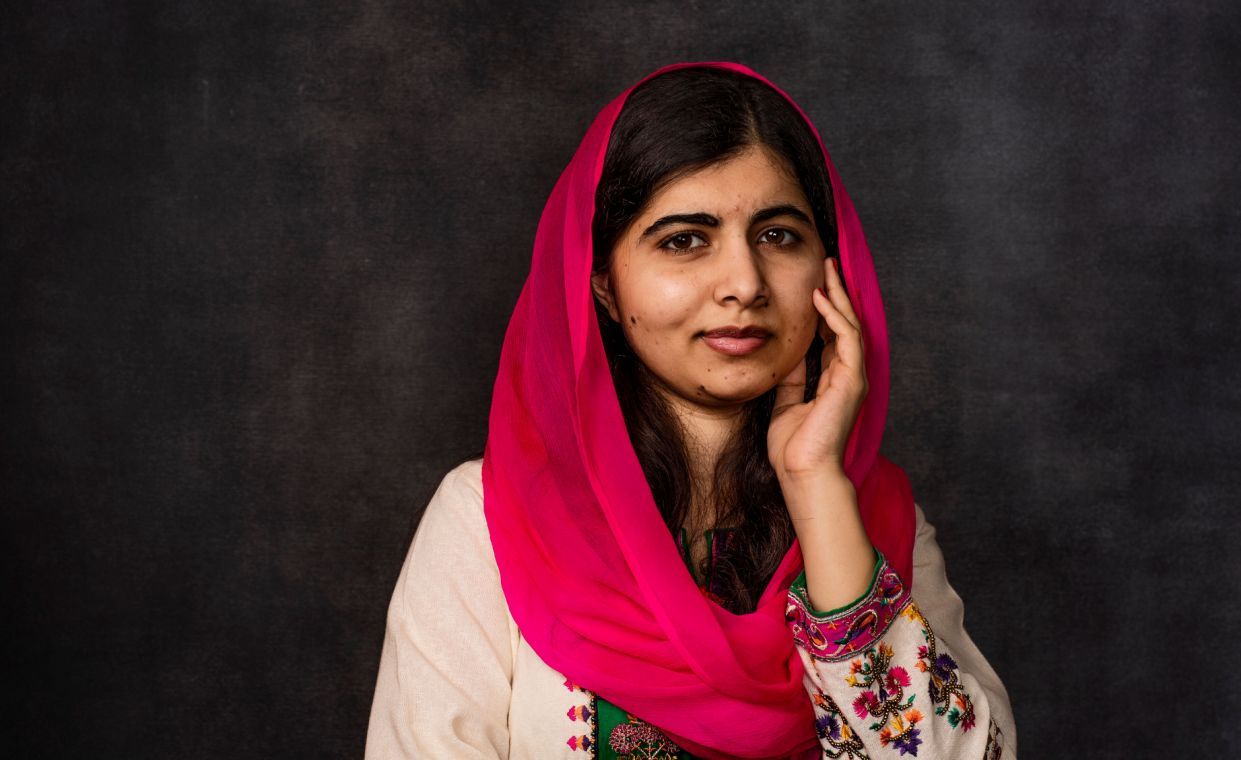
Few young women have fought as hard for a girl’s right to education than Nobel Peace Prize winner Malala Yousafzai. The young Pakistani woman, who began her crusade for education equality in 2008 after the Taliban closed all schools for females, became a world symbol for human rights, gender opportunity and peace, after surviving an assassination attempt on her way home from school at age 15. Protests against the shooting were held in several Pakistani cities the day after the attack, and over 2 million people signed the Right to Education Campaign's petition, which led to ratification of the first Right to Education Bill in Pakistan. Not content to end her fight there, Yousafzai went on to speak at the United Nations, open a school for girls in Lebanon in 2015 and - after a straight A educational record, was accepted into Oxford University to study Philosophy, Politics and Economics in 2017.
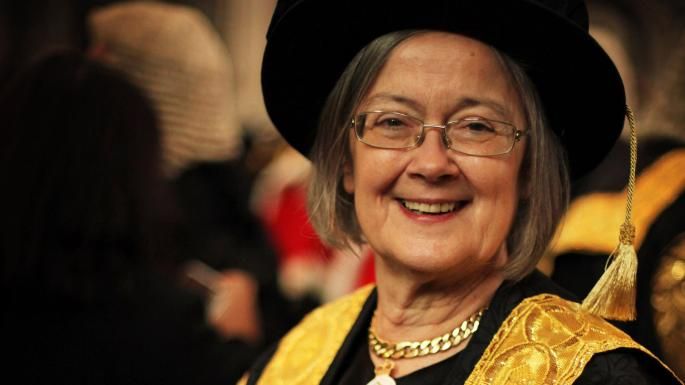
At every juncture in her groundbreaking career, Baroness Brenda Hale has made history: as the first woman appointed to the Law Commission in 1984 to first female Lord of Appeal in Ordinary 20 years later. At 73, she continues to inspire, with her appointment last year as the first female president of the Supreme Court, the highest court of appeal in Britain. An icon of the establishment, Hale began her pursuit of a career in law at Cambridge University where she graduated first in her class.
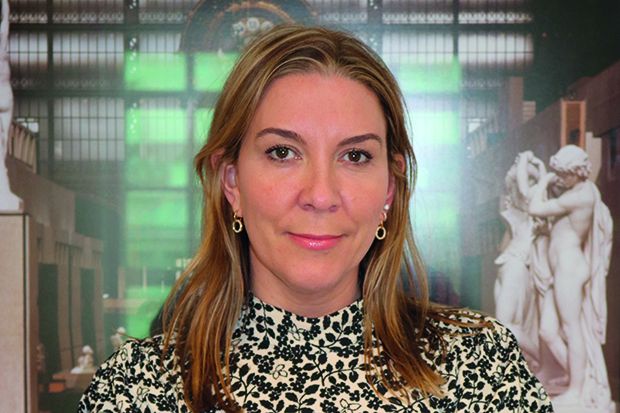
As head of the Department of International Trade - set up in the wake of Britain’s vote to leave the EU – Antonia Romeo has become one of the most important economists in the world as she negotiates the structure of trade in a post-Brexit world. Prior to this recent appointment, the Oxford graduate was Britain’s first female consul general in New York, Director General of Economic and Commercial Affairs USA, and Special Envoy to the US technology companies.
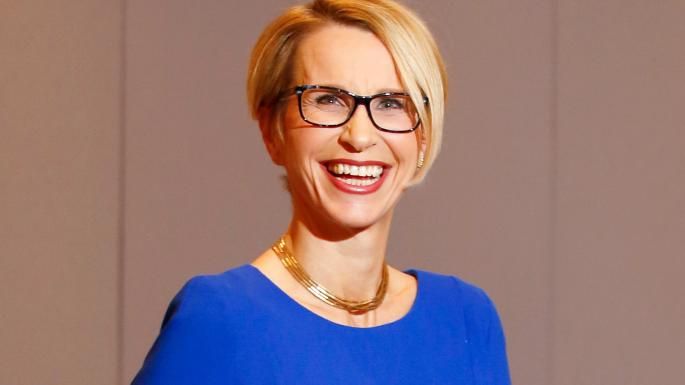
In 2018, Emma Walmsley was named the most powerful international women in business by Forbes Magazine. The Oxford grad, who worked her way up the L’Oreal ladder in various managerial and marketing roles in London, Paris, New York and eventually Shanghai, built a career on the steady belief that the ‘consumer comes first’. In 2017, she was appointed the first female CEO of a major international pharmaceutical company - GlaxoSmithKline (GSK), her latest venture a $300 million deal with 23andMe, a San Francisco genetics startup, to develop new medicines.
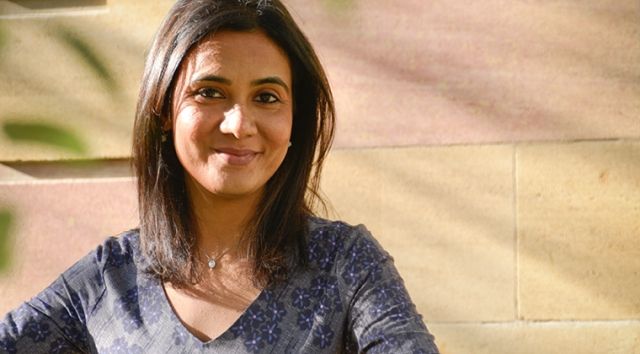
Last year Cambridge graduate Priyanka Joshi broke new ground in international medicine when she was named in Forbes Magazines Top 30 under 30 in Science and Healthcare. A research fellow at Downing College, Cambridge University, the 29-year-old sits at the cutting edge of Alzheimer’s research, and has been praised for her groundbreaking work building a “library” of drug-like molecules to target irregular proteins that cause degenerative brain diseases. With dementia now the leading cause of death for women in England and Wales, her early breakthroughs are seen as vital to a new era of medical progress in neurodegeneration.
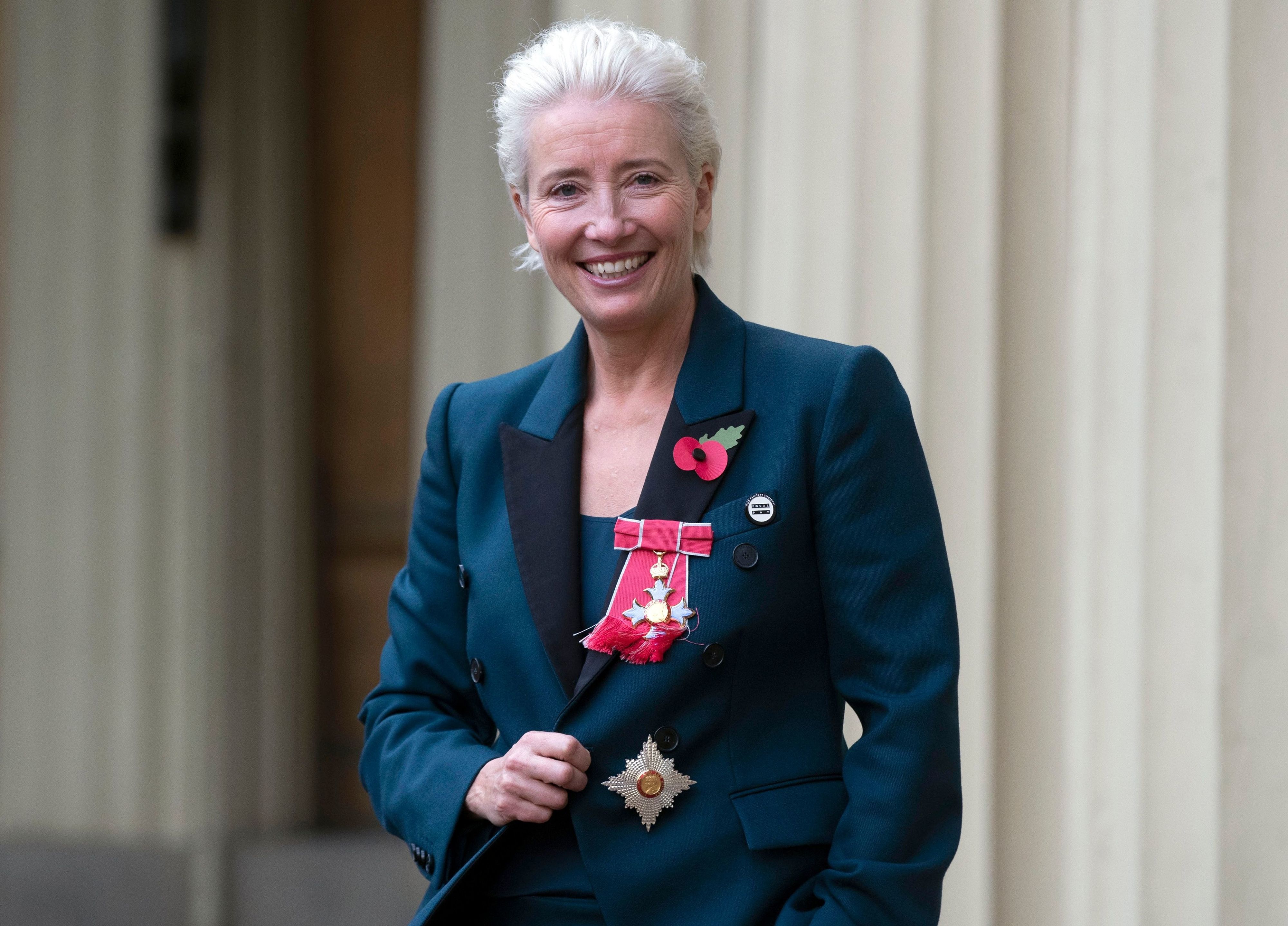
The daughter of an English actor and Scottish actress, Emma Thompson was determined to gain a university degree before she embarked on her own career on the stage and in front of the cameras. Ironically however, it was during her study in English Literature at Cambridge University that she made her first steps towards acting notoriety as a member of the University’s Footlights amateur theater club. In the years to follow, Thompson earned a reputation as one of the most versatile actors in the industry. Her relentless support of charitable organisations such as Greenpeace and ActionAid further earning her a reputation for a female leader in grassroots activism. In 2018, Thompson received her honor for Dame Commander of the Most Excellent Order of the British Empire.
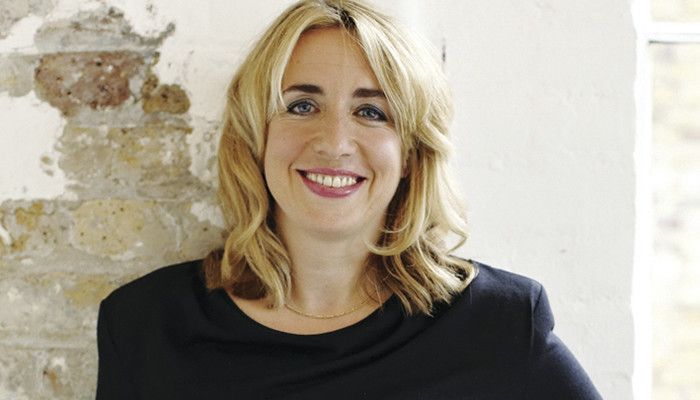
In 2015, Yorkshire born Katharine Viner made history when she became the first female editor-in-chief in The Guardian’s nearly-200-year history. As a budding journalist, Viner had her first story published in The Guardian when she was still at school and, following her graduation from Oxford, worked for various publications including Cosmopolitan Magazine, The Sunday Times and eventually The Guardian, where she ran the Australian digital arm of the famous British newspaper. After her elevation to CEO, Viner introduced the controversial but successful initiative which saw The Guardian ask readers for contributions of support - a means of reversing the trend of declining sales in print media. As of November 2018, The Guardian had one million supporters - the company's income from membership and readers matching that of advertising.
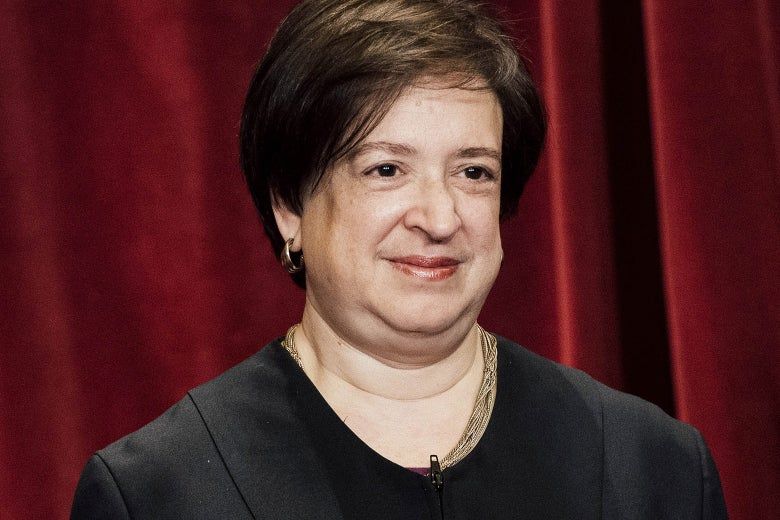
In 2010, Elena Kagan became only the fourth woman to serve as a Justice of the US Supreme Court. Nominated by President Barack Obama, Justice Kagan is also the first woman to serve as Solicitor General. Elena Kagan could be seen as the quintessential example of how a world class education can cross borders and provide life-changing opportunities for bright and hard-working students. In 1980, Kagan, a Princeton University graduate, received Princeton’s Daniel M. Sachs Class of 1960 Graduating Scholarship - one of the highest general awards the university confers. This enabled her to cross the Atlantic to study at Oxford University’s Worcester College where she gained a Masters in Philosophy and Politics.
How Crimson helped Jessica get into Oxford!